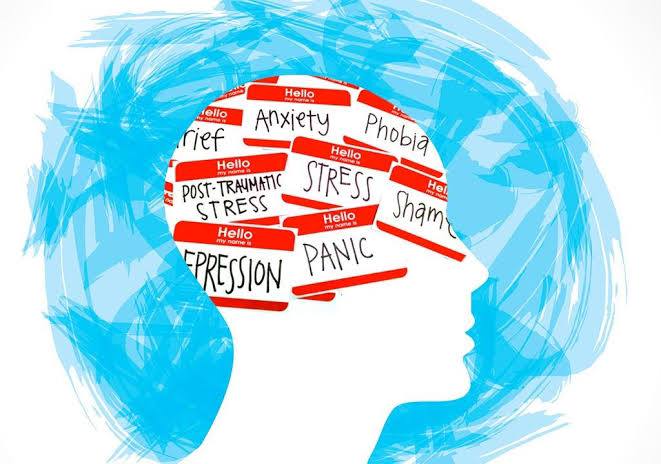Treatments for depression and other mood disorders come in a wide variety of forms. Since psychotherapy can assist you in exploring the underlying causes for your sad symptoms and teaching you new coping mechanisms, it can be an effective type of treatment for depression.

The intensity of your symptoms, your own personal preferences, and your therapy goals will all play a role in determining the ideal style of psychotherapy for you. There is evidence to support the effectiveness of the therapeutic techniques listed below in treating depression.
In order to assist people recognise and change unfavourable thinking or behavioural patterns, the majority of psychotherapy techniques encourage a therapeutic alliance between the therapist and the client.
Because it involves a patient and a psychotherapist conversing in a room, psychotherapy is frequently referred to as “talk therapy.” However, it goes much beyond that. Psychotherapists have received professional training in a number of strategies that they use to assist clients in overcoming mental illness, resolving interpersonal conflicts, and making good life changes.
However, due to the complicated mix of factors that contribute to mood disorders like depression, some studies suggest that the optimum course of treatment is a combination of an antidepressant and psychotherapy. 1 Although psychotherapy is a distinct profession, other health care providers such as psychiatrists, clinical psychologists, marriage and family therapists, social workers, and psychiatric nurses also provide this modality.
Behavioral Therapy
The fundamental tenet of cognitive therapy is that our thoughts can influence our feelings. For instance, we will be more likely to feel happy if we choose to look for the positive in every event rather than the negative.
Depressive disorders can be exacerbated and influenced by negative thinking. When you’re mired in a stream of unfavourable ideas, feeling good is difficult. Cognitive therapy teaches patients how to spot common cognitive distortions, which are negative thought patterns that can be changed into more uplifting ones to elevate mood.
Behavioral Dialectical Therapy
The main foundation of dialectical behaviour therapy is CBT. It requires people with depression to admit and accept their bad thoughts and behaviours, which is the main distinction. Individuals can learn to deal with their negative emotions, control their reactions to stress, and even enhance their relationships with others via the practise of validation.
In this kind of psychotherapy, crisis coaching—in which a person can call the therapist for advice on how to handle trying circumstances—also combines mindfulness techniques from Buddhist traditions. The person will soon be more capable of handling their difficult situations on their own as they continue to practise these new skills.
Psychodynamic Counseling
Psychodynamic treatment, commonly referred to as psychoanalytic therapy, makes the assumption that unresolved conflicts, typically unconscious conflicts that date back to infancy, can lead to depression. The objectives of this sort of treatment are to assist the patient better bear these sentiments and put them in a useful context, as well as to help the patient become more conscious of their whole spectrum of emotions, including contradicting and difficult ones.
Contrary to several other depression treatment modalities, psychodynamic therapy is typically more prolonged and less targeted. This method can be helpful for making connections between earlier experiences and determining how those experiences may have influenced how depressed you felt. Additionally, this method can improve certain emotional skills and self-awareness.
Stay tuned for the next part!


